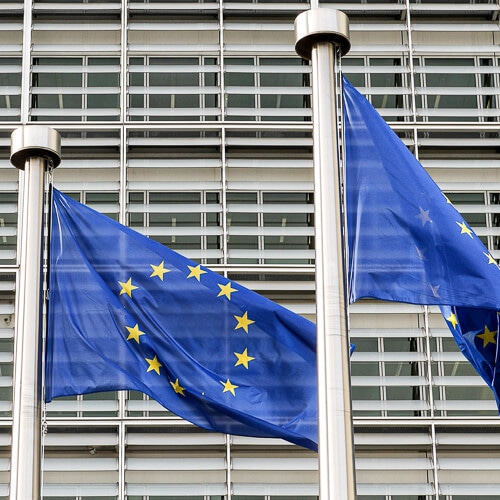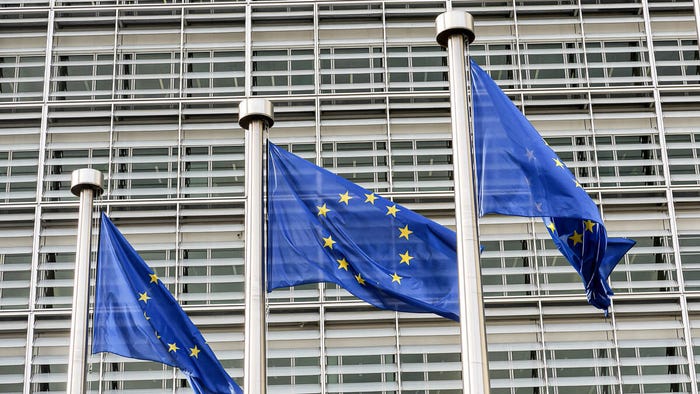Europe's operators 'to remain under pressure in 2021'
Next year will bring little relief from the need to reduce costs as the fallout from the COVID-19 pandemic continues.

European telecoms operators may well be glad to see the back of 2020 following what has been a roller coaster year, but few are likely to expect the coming 12 months to be a bed of roses either.
Indeed, Light Reading's sister company Omdia has already warned that service providers should be readying themselves to deal with the knock-on effects on their businesses of continued lockdowns, quarantines and other social and economic restrictions.
They must also be prepared for the longer-term effects of the pandemic on society, such as changes to individuals' working habits, reduced international travel and the rebalancing of business activity towards digital products and channels.
Figure 1:  Keep on flying: Although 2020 is a year most operators would probably like to forget - 2021 might not bring much respite.
Keep on flying: Although 2020 is a year most operators would probably like to forget - 2021 might not bring much respite.
This is according to William Hare, practice leader of European Markets at Omdia, in the report "2021 Trends to Watch: Service Provider Europe."
"Service providers must prepare for both the short- and long-term impact of COVID-19," said Hare.
He noted that the pressure to reduce costs will also lead to continued market restructuring.
"The divestment of non-core operations, offloading of tower portfolios and
cooperation in network investment will be key to maintaining profitability," he added.
New priorities
Key recommendations for services providers are to prepare for the short-term economic difficulties caused by COVID-19, streamline costs and reprioritize for the new world.
Certain revenue streams such as mobile roaming are unlikely to recover to their pre-crisis levels, Omdia said.
Multi-brand strategies are suggested as a good option for service providers that wish to maintain the value of their premium brands while preserving market share in lower-cost segments.
Want to know more about 5G? Check out our dedicated 5G content channel here on
Light Reading.
Hare also noted that the pandemic has highlighted the importance of home broadband, and said operators should work with governments to deliver the necessary new infrastructure.
He further pointed out that the enterprise market "has been permanently altered, and operators should re-positions their product portfolios to support changed working practices and business priorities." Hare emphasized that there is no "post-COVID-19" for enterprise connectivity.
Overall, although some effects of COVID-19 will prove to be temporary, the pandemic has caused a number of permanent or semi-permanent shifts in consumer and business behavior and working patterns.
Related posts:
— Anne Morris, contributing editor, special to Light Reading
Read more about:
EuropeAbout the Author(s)
You May Also Like




_International_Software_Products.jpeg?width=300&auto=webp&quality=80&disable=upscale)







